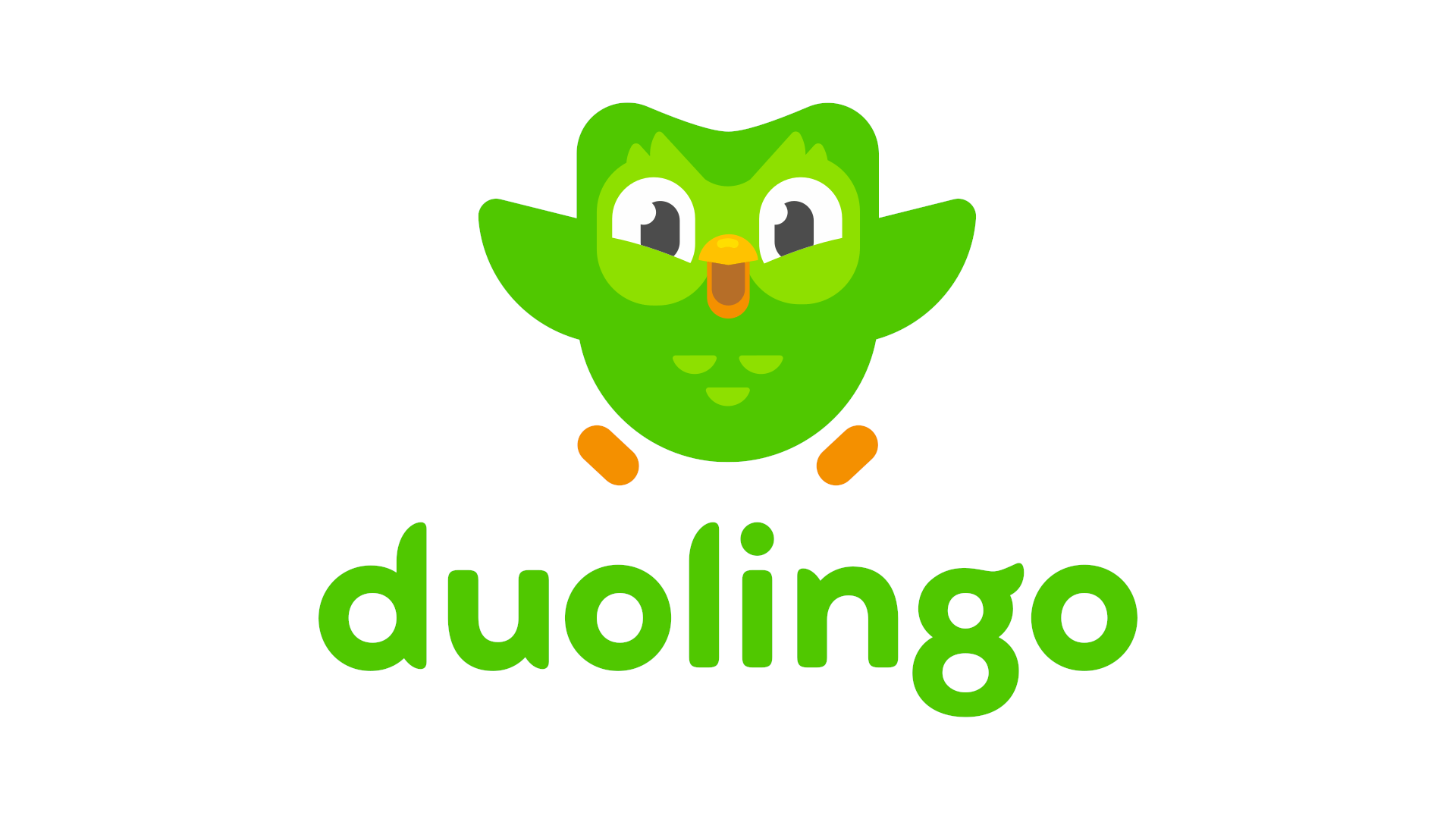Duolingo says AI let it build more courses in one year than it did over the past twelve

Update from April 30, 2025:
Just one day after announcing its new "AI-first" strategy (see below), Duolingo has launched its largest content expansion to date. The company has released 148 new language courses, all created using generative AI. According to the official announcement, seven of the most popular non-English languages—Spanish, French, German, Italian, Japanese, Korean, and Mandarin—are now available in all 28 app-supported interface languages.
Duolingo CEO Luis von Ahn says the company was able to develop more courses in less than a year than it had in the previous twelve years combined. The new courses are aimed primarily at beginners (levels A1–A2) and include formats such as Stories and DuoRadio. Additional content is expected in the coming months. Users in Asia, Latin America, and Europe now have improved access to popular Asian languages.
Original article from April 29, 2025:
Duolingo announces major shift toward generative AI and automation
Duolingo is restructuring its operations to focus on generative AI for content creation and process automation. The company plans to gradually reduce reliance on contractors wherever AI can handle the work.
This transition is described as a fundamental cultural shift. Leadership has stated that AI is already transforming how work is accomplished, and that the company intends to respond proactively to this technological change—similar to its early adoption of a "mobile first" strategy in 2012. At that time, this approach led to recognition as iPhone App of the Year in 2013.
The main goal of this transformation is to deliver app content more quickly and at greater scale. Manual content creation is no longer considered viable for the company's needs. Replacing slow, manual processes with AI-driven solutions is cited as a key decision, making it possible to provide the desired amount of content for all learners in a fraction of the time. Without AI, the production of new materials would take decades.
AI integration will also support new features, including video calls, that were not previously possible, CEO Luis von Ahn said. The company expects that with these tools, the quality of language instruction will approach the level typically offered by human tutors.
Hiring policies and organizational change
As part of the restructuring, several changes are being implemented:
- New hires will occur only for roles that cannot be automated.
- AI use will be included in employee performance evaluations.
- AI skills are now a criterion in hiring decisions.
- Departments are being asked to reconsider their workflows and practices.
Leadership emphasizes that the aim is not to replace employees with AI, but to reduce repetitive tasks. Employees are encouraged to focus on creative work and real problem-solving. More training, mentoring, and access to AI tools are being promised for all teams.
A similar approach has recently been announced at Shopify, where new hires will also only be made if tasks cannot be handled by AI.
AI News Without the Hype – Curated by Humans
As a THE DECODER subscriber, you get ad-free reading, our weekly AI newsletter, the exclusive "AI Radar" Frontier Report 6× per year, access to comments, and our complete archive.
Subscribe nowAI news without the hype
Curated by humans.
- Over 20 percent launch discount.
- Read without distractions – no Google ads.
- Access to comments and community discussions.
- Weekly AI newsletter.
- 6 times a year: “AI Radar” – deep dives on key AI topics.
- Up to 25 % off on KI Pro online events.
- Access to our full ten-year archive.
- Get the latest AI news from The Decoder.